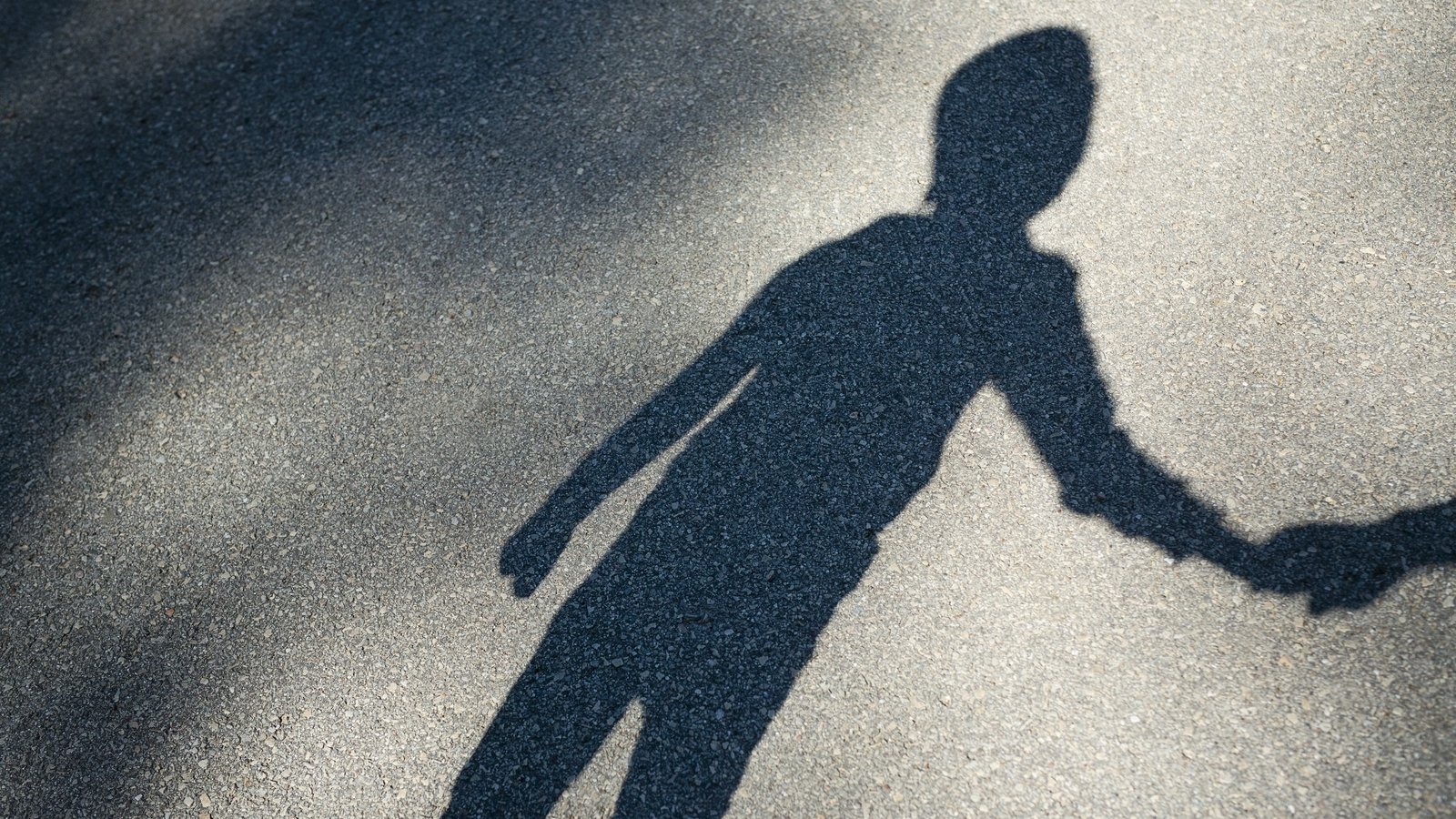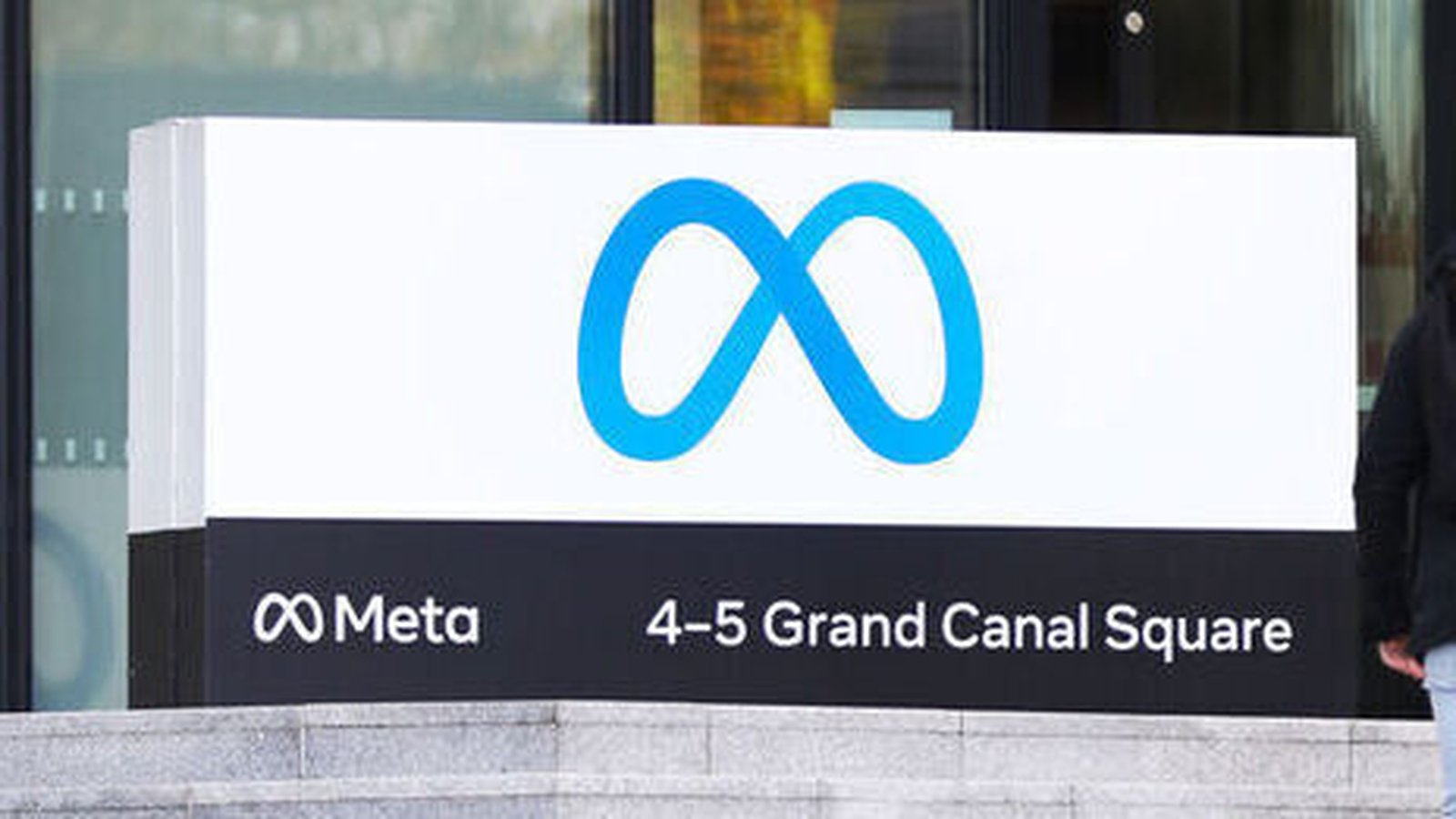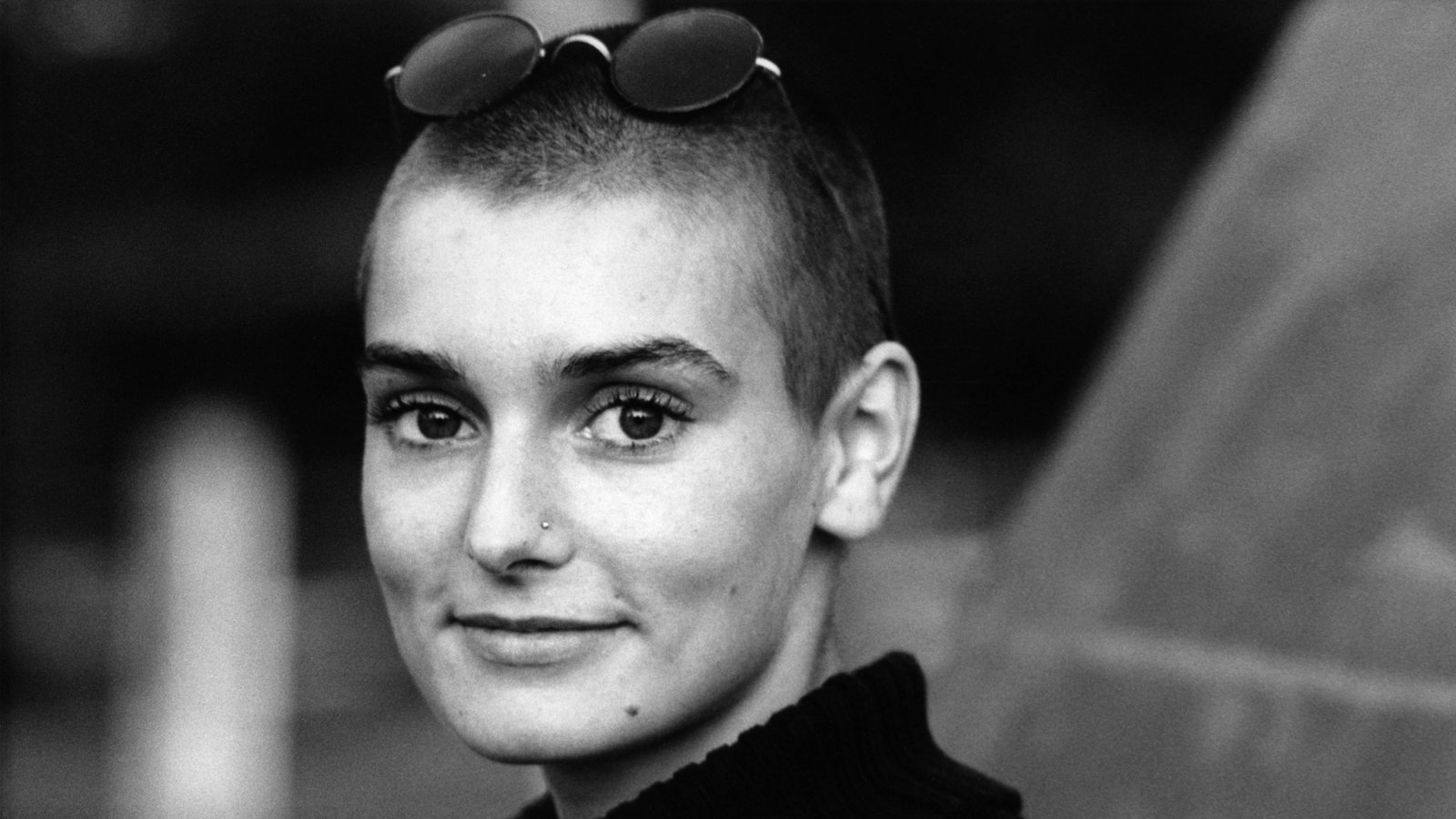Rafah a ‘pressure cooker of despair’ amid shelling

The United Nations has voiced fears about worsening conditions in southern Gaza, saying a surge in people seeking safety in Rafah had made the town a “pressure cooker of despair”.
UN humanitarian agency OCHA said it was deeply concerned about the escalation of hostilities in Khan Younis, which had resulted in increased numbers heading further south to Rafah in recent days.
“Most are living in makeshift structures, tents or out in the open,” OCHA spokesman Jens Laerke told a briefing in Geneva.
“Rafah is a pressure cooker of despair, and we fear for what comes next.
“Khan Younis has also come increasingly under attack, and it’s been shocking to hear about the heavy fighting in the vicinity of the hospitals, jeopardising the safety of medical staff, the wounded and the sick, as well as thousands of internally displaced people seeking refuge there.”
Mr Laerke said that OCHA’s food and security partners were reporting that half of the total food assistance provided in the last week of January was distributed in Rafah, reflecting the very high concentration of people.
Of the people rushing southwards, he said: “Are they truly safe? No. There’s no safe place in Gaza; also not in Rafah.
“Every week we think it can’t get any worse. Well, go figure: it gets worse.”
The UN’s top court last Friday said Israel must facilitate “urgently needed” humanitarian aid into Gaza.
Mr Laerke said that over recent weeks, “I do not detect any improvement whatsover in the humanitarian situation, anywhere in the Gaza Strip”.
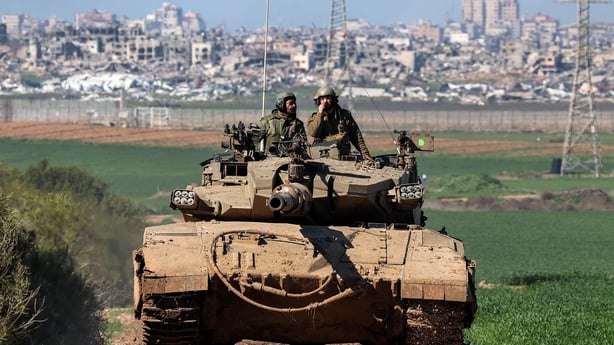
Israeli forces have shelled the outskirts of the last refuge on the southern edge of Gaza, where the displaced, penned against the border fence in their hundreds of thousands, say they fear a new assault with nowhere left to flee.
More than half of Gaza’s 2.3 million residents are now homeless and crammed into Rafah.
Tens of thousands more have arrived in recent days, carrying belongings in their arms and pulling children on carts, since Israeli forces launched one of the biggest assaults of the war last week to capture Khan Younis, the main southern city, just to the north of Rafah.
If the Israeli tanks keep coming, “we will be left with two choices: stay and die or climb the walls into Egypt”, said Emad, 55, a businessman and father of six, reached on a mobile phone chat app.
“Most of Gaza’s population are in Rafah. If the tanks storm in, it will be a massacre like never before during this war.”
Israeli Defence Minister Yoav Gallant said last night that troops would now turn to Rafah, which along with Deir al-Balah just north of Khan Younis is among the last remaining areas they have yet to storm in an almost four-month assault.
“We are achieving our missions in Khan Younis, and we will also reach Rafah and eliminate terror elements that threaten us,” Mr Gallant said in a statement.
As the only part of Gaza with access to the limited food and medical aid trickling across the border, Rafah and adjacent parts of Khan Younis have become a teeming warren of makeshift tents clinging to the winter mud.
Wind and cold weather added to the misery, blowing tents down, flooding them and the ground between them.
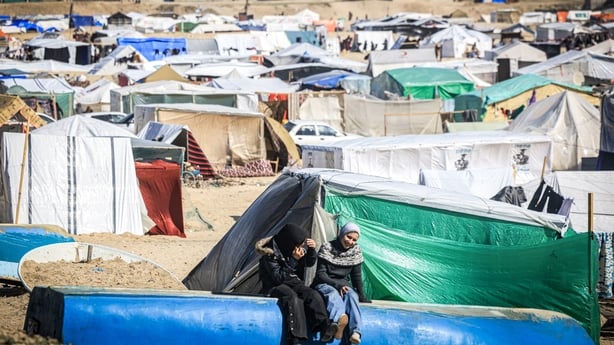
“What should we do? We live in multiple miseries, a war, starvation, and now the rain,” said Um Badri, a mother of five displaced from Gaza City, now living in a tent in Khan Younis, also reached by phone chat.
“We used to wait for winter, to enjoy watching the rain from the balcony of our house. Now, our house is gone, and the rainwater has flooded the tent we have ended up in.”
The Gaza war was triggered after Hamas fighters stormed across the border fence into Israel on 7 October, killing 1,200 people and capturing 253 hostages, according to Israeli tallies.
Since then, Gaza health authorities say more than 27,000 Palestinians have been confirmed killed, with thousands more bodies feared lost among the ruins, in an Israeli assault that has laid much of the territory to waste.
The Gaza health ministry said that at least 27,131 Palestinians have been killed and 66,287 have been injured in Israeli strikes since 7 October, with some 112 Palestinians killed and 148 injured in the past 24 hours.
Mediators are waiting for a response from Hamas, the militant group that runs Gaza, to a proposal drafted last week with Israeli and US spy chiefs and passed on by Egypt and Qatar, for the first extended ceasefire of the war.
Residents hope that would stop the fighting before the tanks enter Rafah.
There was brief celebratory gunfire in Gaza when Arabic-language media reported comments by a Qatari official suggesting the ceasefire was close.
However, Qatar made clear a deal had not yet been reached.
The only truce so far lasted for only a week in late November, when militants freed 110 women, children and foreign hostages.
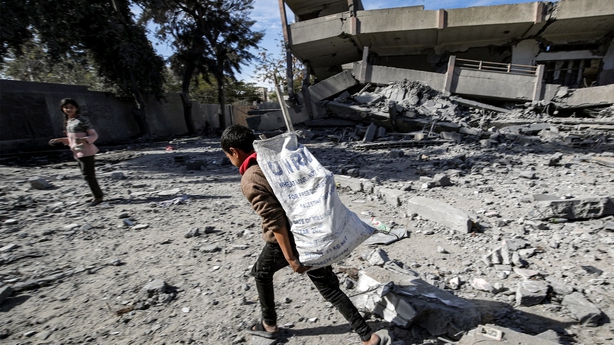
The proposal now on the table would be for a far longer cessation of hostilities, letting aid reach the enclave and Gazans return to abandoned homes.
One Palestinian official said it envisages a first phase lasting 40 days, during which Hamas would free remaining civilian hostages, followed by further phases to release soldiers and hand over the bodies of the dead.
But the sides remain far apart over what would follow.
Israel said Hamas must be eradicated before it pulls its troops out of Gaza or releases detainees.
Hamas said it will not disband and will not sign any truce deal or give up hostages without an agreement for Israel to pull out and end the war.
Appeals to Israel from its main ally, the United States, show little sign of having succeeded in easing the plight of Gaza’s civilians.
The US government is stepping up indirect pressure, however.
President Joe Biden issued an executive order that aims to punish Jewish settlers who attack Palestinians in the occupied West Bank in a surge of violence triggered by the war in Gaza.
Mental health support needed for all children in Gaza – UNICEF
UNICEF has estimated that 17,000 children in Gaza were unaccompanied or have been separated from their families during the conflict and that nearly all children in the enclave were thought to require mental health support.
“They present symptoms like extremely high levels of persistent anxiety, loss of appetite. They can’t sleep, they have emotional outbursts or they panic every time they hear a bombing,” said Jonathan Crickx, UNICEF’s chief of communication for the Occupied Palestinian Territories.
“Before this war, UNICEF was considering already that 500,000 children were already in need of mental health and psychosocial support in Gaza.
“Today, we estimate that almost all children are in need of that support, and that’s more than 1 million children”.

